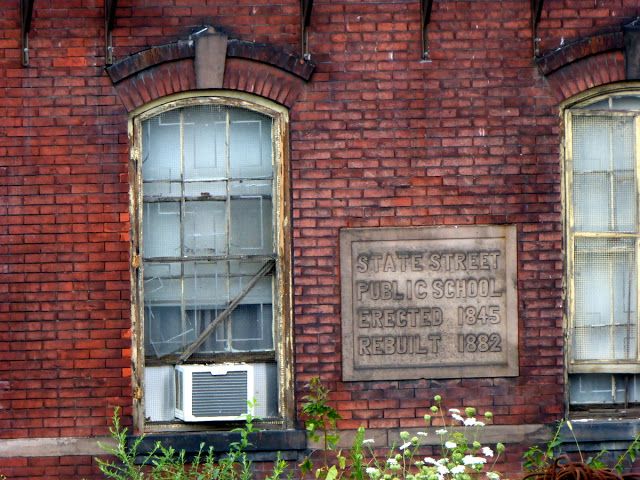
The poorest and most underserved areas of New Jersey were the hardest hit by the pandemic, according to a new analysis by the New Jersey Hospital Association, underscoring the heightened risks vulnerable communities face as yet another COVID-19 surge looms.
The examination, based on a database the NJHA created in 2019 to measure the impact of social and environmental factors on health by ZIP code, shows that seven of the 10 areas that rank the worst socioeconomically had the highest per capita rate of coronavirus cases.
They are Atlantic City (08401), Paterson (07505), Trenton (08608), two areas of Camden (08102 and 08105), and two areas of Newark (07102 and 07108).
The data used 20 health and social indicators to identify the most disadvantaged of New Jersey’s 537 ZIP codes. Those factors included chronic medical conditions, lack of prenatal care, premature death, employment status, high school graduation rates and access to food.
“If you overlay a map of the most vulnerable ZIP codes identified by this data, they are very much aligned with the areas that suffered the highest toll of illness during COVID,” said NJHA President and CEO Cathy Bennett in a statement. “This data reinforces a critical lesson: When it comes to population health, the health of the entire state is inextricably linked to the health of our most vulnerable.”
Coronavirus cases had steadily declined this fall, before ticking up recently as the cold weather sent residents indoors. The state’s seven-day average for new positive tests increased to 1,762, the highest number since Sept. 28. It’s a 24% jump from a week ago and a 52% spike from a month ago.
New Jersey reported another 1,953 COVID-19 cases and 30 confirmed deaths Tuesday. There were 841 patients hospitalized with confirmed or suspected coronavirus cases across 70 of the state’s 71 hospitals as of Monday night.
The COVID-19 rates the report cited referred to cases from April 1, 2020 through this past Oct. 31 in which people went to a hospital emergency room or were admitted to a hospital after being diagnosed with the virus or after seeking care for another reason and then were found to have the disease, the NJHA said.

